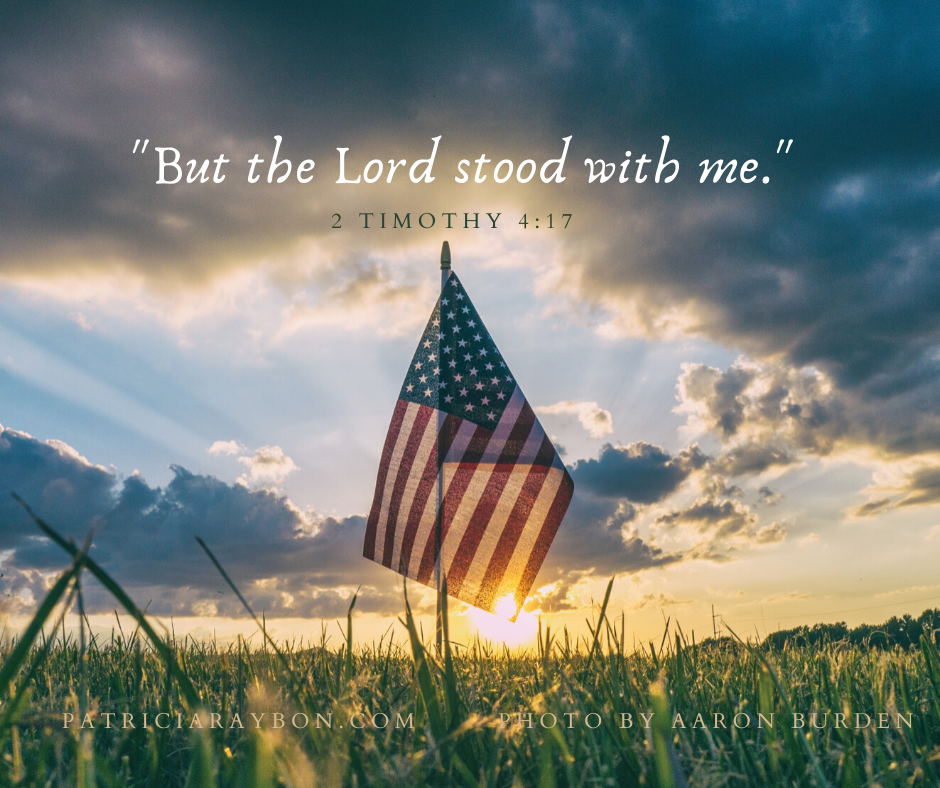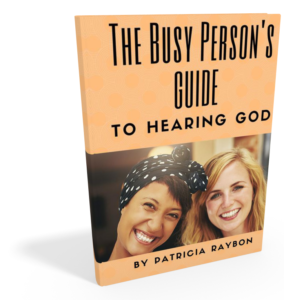
A lady carrying a sack of small American flags stuck one into the grass on our front yard. Then onto the next yard. Then the next. This has happened every Fourth of July for decades.
It’s her group’s attempt to show “love of country” and American pride. Watching her work her way down the block, however, I don’t feel pride. I’m not sure I feel American — or know what that means anymore. I do, however, feel a certain resolve. Especially for finding our way forward.
Indeed, a week ago, thousands protested in my city (Aurora, Colorado), decrying the death of Elijah McClain, yet another unarmed black man — who wasn’t breaking the law — after a violent take down by police.
On TV, meanwhile, the American president gave his latest divisive speech at a Mount Rushmore monument, built in the indigenous Black Hills, by a sculptor with ties to the Klan.
Then, we awoke to a Fourth of July where the refrain “with liberty and justice for all” is, to many in America — as the late author James Baldwin explained to film historian Ken Burns — “a very bitter joke.”
I wish these things weren’t true — that, instead, we lived in a country where sticking an American flag on a lawn is a simple expression of patriotism because all is right with our nation and world.
Instead, much is wrong. And we know the long list. No need to review the despair.
Our question, instead, is where do we go from here? Yes, to correct our whitewashed history. To dismantle our systems of injustice. For white friends to stop saying “but I’m not racist” and to become anti-racist. For black friends — and people of color and others on the margins in America — to be granted dignity, justice and equal opportunity.
Surely, change comes with taking off blinders and getting educated. I tried to offer that in a Facebook post after protests in Minneapolis — and also during other turning points in recent weeks.
Thus, I cited Japanese American, Fred Korematsu, who went to court to defy his detention in an American internment camp during World War II. It’s history many Americans still don’t know.
I also posted about the economic “incentives” that drive much racial injustice in the U.S.
Other posts followed, including my most shared — on the brutal police take down that left Elijah McClain brain dead here in my Colorado town.
But what could I offer today that would bring hope? To me? To you? To a nation ground down by too much bad sin, old denial and sour pain?
To people worried more about burning buildings than brutalized bodies, who label protesters “anarchists” and “the left wing mob” — instead of seeing all of us as fellow citizens, struggling to find a courageous way to common ground.
For an answer, I humbly turn to Paul the apostle who, in his last recorded epistle, knows he will soon be killed — by his own government. Held in a cold Roman prison cell, he writes to his young pastor Timothy with this lament:
“The first time I was brought before the judge, no one came with me. Everyone abandoned me” (2 Timothy 4: 16). He cites the heartbreak of others’ indifference to him, even telling Timothy of his need for a coat.
It’s a sad lament. Indeed, his honest words, revealing the depth of this great missionary’s pain, pierce our hearts.
Yet in this last benedictory letter — his closing thoughts at the end of an astounding ministry — Paul offers words that move us today from despair to resolve:
“But the Lord stood with me” (2 Timothy 4:17).
Despite wrongs. Despite persecution. Despite this broken and fallen and cruel world. The Lord stood with me, Paul declares — and, today with us, the Lord still stands.
As Paul said, God “gave me strength so that I might preach the Good News in its entirety…and he rescued me from certain death.
“Yes, and the Lord will deliver me from every evil attack and will bring me safely into his heavenly Kingdom. All glory to God forever and ever! Amen” (vv.18).
With this same bold assurance, we find His way forward at this moment of reckoning in our nation and world.
Recognizing, indeed, that correction is overdue, will we give up? Or will we stand? Stand boldly, indeed. Why?
The Lord stands with us. So, moving forward, let’s stand, too. Indeed, boldly. How? Forever in Him.
Patricia Raybon is an award-winning, best-selling author of books and essays on faith, race and grace — including I Told the Mountain to Move, My First White Friend, and her best-selling One Year devotional, God’s Great Blessings. She’s a regular contributor to Our Daily Bread Ministries and DaySpring’s (in)courage blog, and contributes often to Compassionate Christianity and to In Touch Ministries’ In Touch Magazine.
 GET YOUR FREE PRAYER GUIDE
GET YOUR FREE PRAYER GUIDE
To travel along on Patricia’s Faith Journey — and receive her free download — “The Busy Person’s Guide to Hearing God” — just click here.
Any Scriptures quoted, unless noted otherwise, are the New Living Translation of the Holy Bible.
Recent Comments